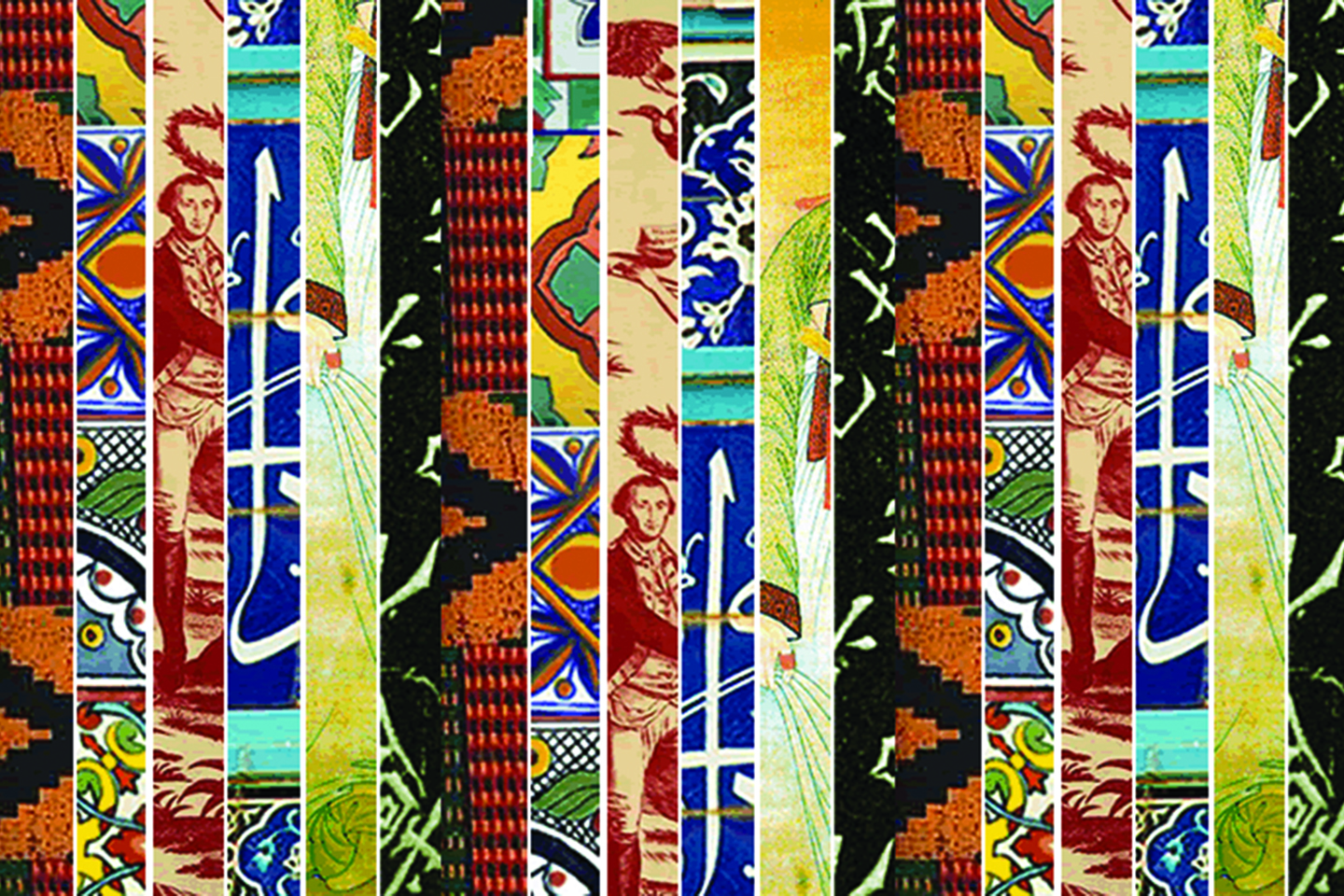
Who am I? Who are you? To what extent do I identify with one or more specific cultures? How can I fit in with my friends AND meet family expectations? How have diverse cultural influences shaped my values? Am I free to adopt behaviors from other cultural traditions?
The de Courtivron Writing Prize encourages MIT undergraduates to explore these and related questions. A particularly creative and playful relationship with language—human language, not code—characterizes the 50 entries this year, which examine culture from many perspectives: generational, linguistic, gendered, racial, religious, political, historical, artistic, and even culinary. The poems, stories, essays, and memoirs include compelling accounts of the regret about familial languages lost or never learned; of lives enriched by fresh starts and disrupted by painful dislocations; of intrepid journeys toward coherent bicultural identities via the syntheses of cultural inheritance, adoption and creation. Each entry was compelling and distinct in its own way, and all testify to the complexity of experience MIT undergraduates bring to community every year.
The two winning entries, and the two runners-up, stand out for their grace and originality.
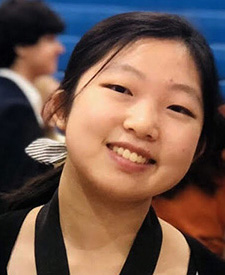
Eileen A. Liu, Class of 2024
First prize
Eileen A. Liu, Class of 2024, Course 18, from Vestavia Hills, AL, was awarded First Prize for 命名 (The Name of Life). Liu’s open-hearted story explores the power and place of a person’s given name within one’s family genealogy. The first in her family to be born in the U.S, Aime/Emma struggles to identify her authentic self as a member of a loving extended family and of two compelling cultures across generations. She comes to embrace the synthesis that defines her, that is symbolized by her name(s), and that allows her to root for both “Team America and Team China.”
Second prize
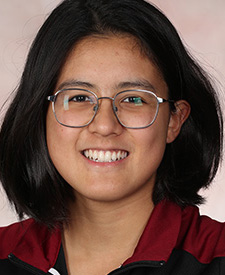
Laura Rosado, Class of 2022
Laura Rosado, Class of 2022, Course 2A/21W, from New Haven, CT, was awarded Second Prize for I am two and one and nothing. In this uplifting memoir, Rosado, the monolingual American daughter of a Chinese mother and Puerto-Rican father, provides a compelling account of the people, languages, and locations that shaped her childhood. We come to appreciate the challenges of “trying to see double. . . . trying to plant roots in two worlds at once.” Rosado uses a vivid extended metaphor of learning to swim to convey how she is slowly coming to appreciate the complicated delights of, and to understand her place within, the broad, deep waters of her cultural inheritance. We are confident that she will “kick [her] legs and swim forward.”
Honorable Mentions
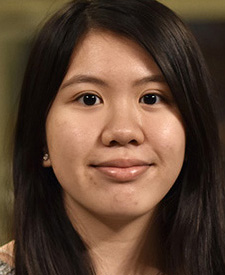
Leyna Duong, Class of 2022
Honorable Mention was awarded to Leyna Duong, Class of 2022, Course 5-7, from North Hollywood, CA, for Journey Back to the West.
Honorable Mention was awarded to Rona Wang, Class of 2022, Course 18, from Portland, OR, for “My grandmother sends me memes through WeChat.”
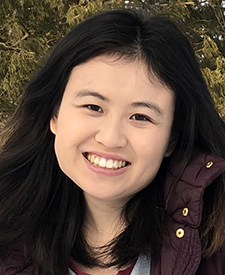
Rona Wang, Class of 2022
